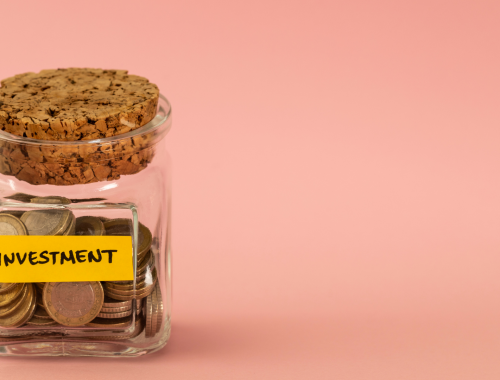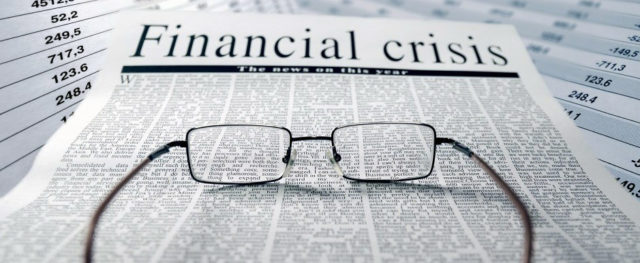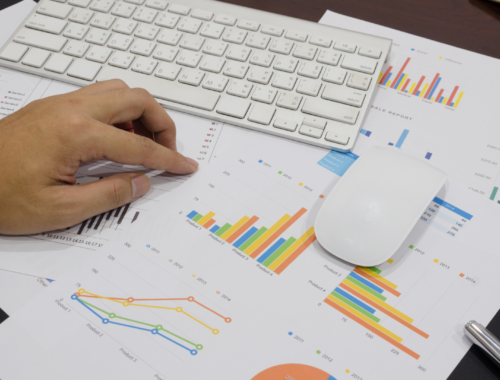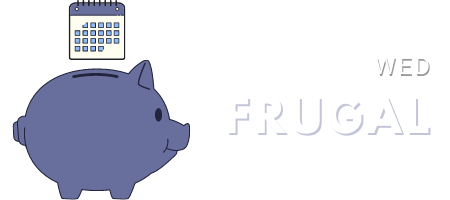
What You Should Do When You Finally Get Out of Debt
If you have ever struggled with debt, you understand that it is not a pleasant experience. I once struggled to pay my debts, and I know how draining it feels. Even with some wonderful tools, like the secured loan calculator options out there to name an example, it can be difficult. When you finally manage to get out of debt, you need to take all the necessary steps to ensure that you do not fall back into debt. You should know that clearing your debts is just the first step. The most important thing is to ensure that you don’t end up in the same financial rut.
I worked my way out of debt, and you can do the same. You only need to realize the importance of financial health and its positive impact on your life. I have compiled some guidelines that you should follow when you are out of debt to avoid falling back into debt.
1. Plan your Income and Finances
You should plan your income and expenses to ensure that you don’t fall back into debt. If you want to succeed in anything in life, planning is a crucial element. Your plan doesn’t have to be intricate. I recommend that you first create a list by outlining all your income sources on one side of the paper and all your expenses on the other side. You should list down all your income sources if you have several streams of income. You can do this frequently depending on how often you receive money. In my case, I do this exercise every week to ensure that I understand how much I’m bringing in and how much is going out. Alternatively, many people prefer to take the help of financial firms in this regard. These firms (such as Create Finance mortgage advice) can guide you on how to manage your money, when to apply for a mortgage, or where to invest.
2. Be Intentional About your Finances
By being intentional about your finances, you should deliberate in your actions and ensure that you do not leave anything to chance. When you are conscious about your money habits, you will maintain ideal financial health without running into debt. Therefore, no matter how irrelevant this step seems, you should embrace it.
3. Don’t Buy Things Based on Emotions
I realized how easy it is to spend money to just make myself feel better. However, the sad truth is that even if you overspend your money, the things you buy will probably not make you feel better or overcome your frustrations. You will still feel the emptiness you were experiencing before you engaged in the spending spree. Therefore, instead of spending too much on self-gratification, it’s better to identify and address the issues behind your pain and frustrations.
4. Don’t Fall for Sales Email
Just like everyone, I love receiving updates on the upcoming deals and discounts and grabbing them before everyone else. However, I would advise you that if you haven’t planned for an item, you should not buy it. You don’t have to make an instant order whenever you see a discounted item. I had to go to the extent of unsubscribing from sales emails to avoid unplanned spending.
5. Rebuild Your Credit Score
When you are finally out of debt, you should focus on rebuilding your credit score. With a good credit score, I access better insurance deals, easier approval of loan requests, and more negotiating power. Overall, a good credit score will place you in a better position than an adverse one.
6. Avoid Tying Up Money on illiquid Investments
I understand the importance of investing. However, when you finally break off from debt, you should avoid tying up your money on illiquid investments. Instead, you should seek an investment that will give you some regular returns.
Getting out of debt is not enough; what counts is staying out of debt. Therefore, you should focus on regaining control of your finances when you finally overcome your debt problem. Avoid any habit that sends you back to a debt crisis.

The Amazing Gift of Adoption
You May Also Like

Why You Should Start Investing Young
February 7, 2022
Handling A Personal Financial Crisis
January 4, 2021
